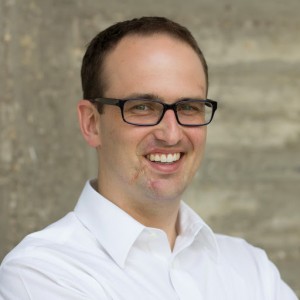Dr. Tim Pleskac, Senior Researcher at the Max Planck Institute for Human Development, Berlin, and ex-University of Basel researcher returns to Basel this week. Tim will give a talk at the Social, Economic, and Decision Making Colloquium on post-decisional processing.
Post-decisional processing and its implications for confidence and belief
What happen after people make a choice? I think we would all agree that our judgment and decision processes do not simply shut down after a choice is made. Instead we continue processing. We change our minds. We update our beliefs. In other words, we engage in post-decisional processing. During this talk, I will discuss two critical aspect of post-decisional processing. The first aspect is that people continue to accumulate evidence about the original choice alternatives. I will show that as more time passes between a choice and a confidence judgment this post-decisional evidence accumulation process leads decision makers to be more likely to make confidence judgments under different states of mind: states of mind that are better aligned to the true state of the world. Thus, by taking just a little more time to make a confidence rating, decision makers can make more accurate assessments. A second aspect of post-decisional processing is the choice itself. I will show that the very act of making a choice changes our subsequent beliefs and state of mind as compared to not making a choice at all, an interference effect of sorts. This last result is consistent with the common hypothesis of behavioral decision researchers that choice is a process that constructs beliefs and preferences, which can be formalized in terms of a quantum random walk of choice and judgment.

Comments are closed.